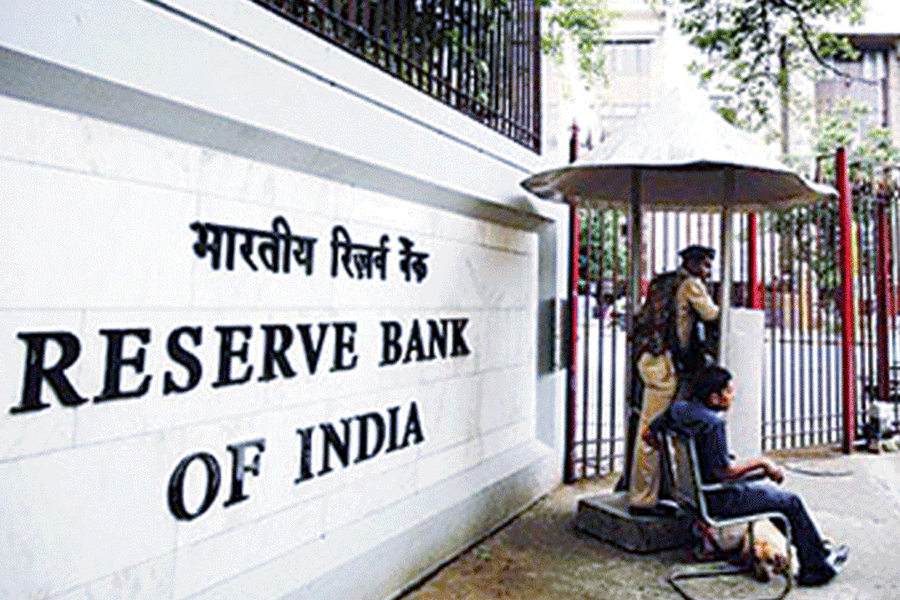The banking system will need Rs 84,000 crore of excess capital due to revised unsecured loans risk weights introduced by the Reserve Bank of India, economists at the country's largest lender SBI said on Friday.
In a report, the economists also said the RBI is seeking to achieve the desired objective of growth and inflation through liquidity and macro prudential measures as the repo rates have peaked out.
"The immediate impact of the enhanced risk weights is the excess capital now that banks would require. As per our calculation, the banking industry needs Rs 84,000 crore of excess capital," the report said.
The RBI on Thursday increased risk weights on unsecured personal loans, credit cards, and lending to Non-Banking Financial Companies (NBFCs) by 25 percentage points.
The decision to raise the risk weights perhaps is an attempt by the RBI to send out a strong message of addressing any incipient financial stability risks in the system, the SBI economists said in their report.
The report also said measures introduced by the RBI are in continuity with the tilt towards an expected loss-driven stress recognition system for regulated entities and the RBI's recent move to subject 15 upper layer NBFCs to greater regulatory scrutiny.
The report suggested that the measures by the RBI should be read as the restoring the status quo ante of 2019 because the central bank had reduced the risk weight on consumer credit (excluding credit card receivables) to 100 per cent from 125 per cent in September that year.
Except for the headline, this story has not been edited by The Telegraph Online staff and has been published from a syndicated feed.











